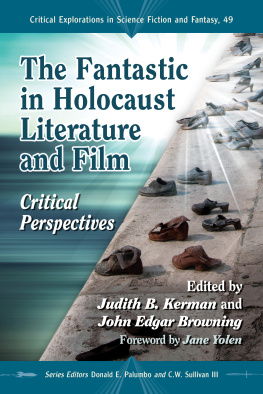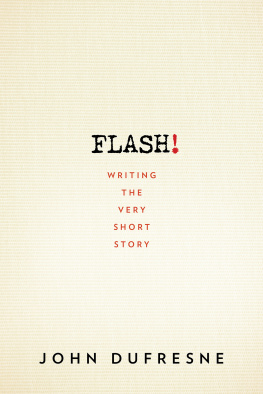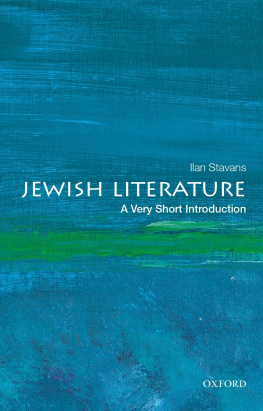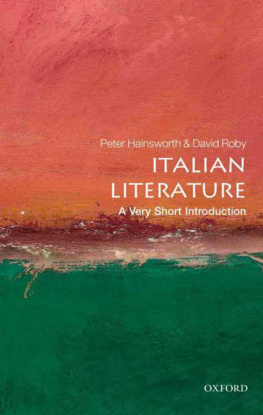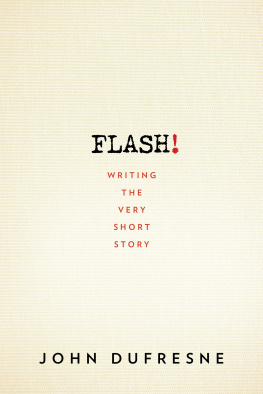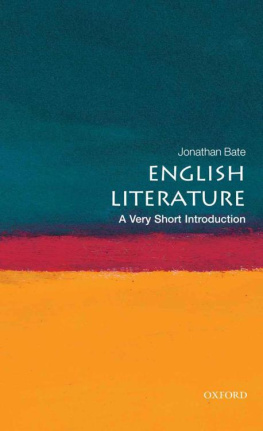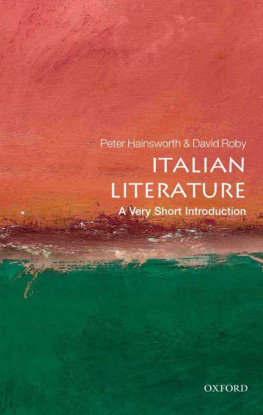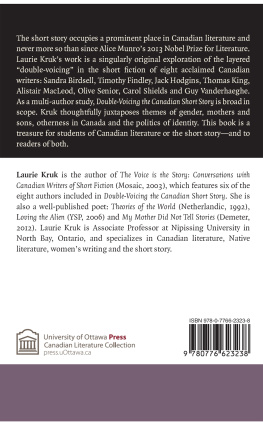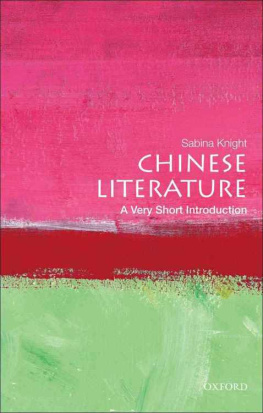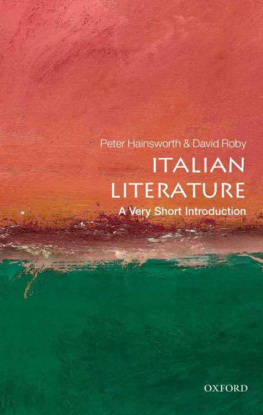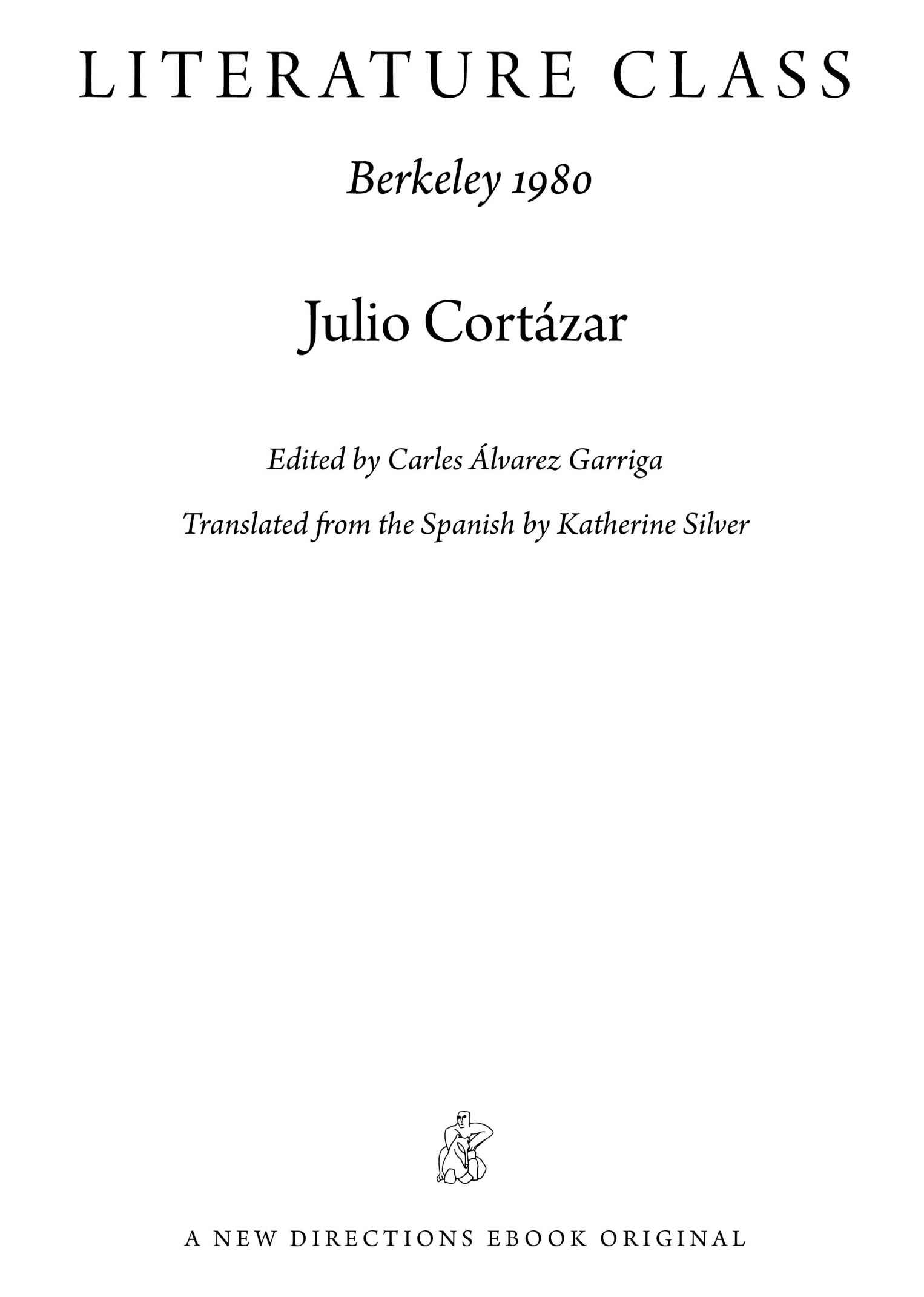First Class
A Writers Paths
I would like to make very clear that although I am suggesting we start with the short story and then move on to the novel, it doesnt mean that Im discriminating or expressing any kind of value judgment. I write and read short stories and novels with the same devotion and enthusiasm. As you know, they are very different, in ways we will try to define, but the reason Ive suggested we talk first about short stories is because as a subject and well see that today they are more accessible; they are easier to capture, encircle, than novels, this for obvious reasons that are not worth going into.
I want you to know that Im cobbling together these classes very shortly before you get here. Im not systematic, Im not a critic or a theorist, which means I look for solutions in my work as problems arise. In order to talk about the short story as a genre and then about my short stories, in order to get more benefit from delving into a discussion about the Latin American short story, I would like to offer a short summary of what I called, in a talk I once gave, A writers paths. In other words: the directions I have taken through literary activity for... I hate to say it, thirty years now. A writer doesnt know what these paths are while he is on them given that he lives in the present as we all do but as time passes, there comes a day when suddenly he is faced with the many books he has published and the many reviews he has received, and this gives him some perspective and critical distance, enough to see himself with a certain amount of clarity. A few years ago I asked myself what my paths through literature have been for me to say literature and life is always the same thing, but in this case we are focusing on literature. It might be useful for me to briefly summarize this writers path or paths, because then we will be able to see certain constants, certain tendencies, which in meaningful and defining ways are leaving their mark on the important Latin American literature of our day.
I would like to ask you to not be afraid of the three words Im about to use, because once you understand why Im using them, youll see that they are really rather simple. I think that along my path as a writer I have passed through three fairly well-defined stages: the first stage I would call aesthetic (thats the first word), the second metaphysical, and the third stage, which Im still in today, could be called historical. The reason I use these words will become clear as I continue to talk about these three stages of my writing; I use them so that we can understand each other, but they shouldnt be taken as seriously as when a philosopher, for example, talks about metaphysics.
I belong to a generation of Argentines who, almost without exception, came from the middle class of Buenos Aires, the countrys capital; a generation that from a very young age, because of its education, origins, and personal preferences, was engaged in literary activity focused mainly on literature itself. I well remember my conversations with classmates and those who remained my friends after I finished my studies, when we all began to write and little by little some of us began to publish. I remember myself and my friends young Argentines (porteos, as we call people from Buenos Aires) as being deeply aestheticized, focused on literature for its aesthetic, poetic values, for its spiritual resonances. We didnt use those words and we didnt know what they were, but by now Ive realized that my first years as a reader and a writer were spent in a phase I have the right to qualify as aesthetic, in which the literary consisted fundamentally of reading the best books we had access to and writing with our gaze fixed on famous role models in some cases, and in others, on an ideal of deeply refined stylistic perfection. It was an era when young people my age didnt realize to what extent we were on the margin of and absent from a particularly dramatic moment of history, which was taking place all around us, because we understood that history from a distance, a place of spiritual estrangement.
In Buenos Aires, I lived through obviously from a great physical distance the Spanish Civil War, in which the people of Spain fought and defended themselves against the advance of Francoism, which finally crushed them. In Buenos Aires I also lived through the Second World War, from 1939 to 1945. How did my friends and I experience those wars? In the first case, we deeply supported the Spanish Republic, we were strongly anti-Franco; in the second, we were with the Allies and were absolutely anti-Nazi. But what did those positions of ours translate into? Reading newspapers, keeping very well-informed about what was happening on the battlefronts; conversations in cafs, where we defended our points of view against eventual antagonists and adversaries. It never occurred to us, in that small group I was part of but that was like so many other groups, that the war in Spain had anything directly to do with us as Argentines and as individuals; it also never occurred to us that the Second World War had anything to do with us. Argentina was a neutral country. We never realized that the mission of a writer who is also a human being should go way beyond mere commentary or sympathy for one group of combatants. What Im saying requires rather harsh self-criticism, which Im capable of leveling against myself and everybody in my social class, and it defined, to a large extent, the first literary activity of that era. We lived in a world where the appearance of an important novel or collection of short stories by a European or Argentine author was of vital importance to us. It was a world in which one had to give ones all all our resources and all our knowledge to try to achieve the highest possible literary standard. It was an aesthetic problem, with an aesthetic solution; we valued literary activity for literature itself, for its products, and not in any way as one of many elements that constitute the larger context, or, as Ortega y Gasset would have said, the circumstances in which human beings live, whether or not they are writers.
Even then, however, when my participation in and feelings about history were practically nonexistent, very early on, something told me that literature even the more imaginative kind of fantasy or fantastic literature didnt exist only in what I was reading, in the books in libraries, and in caf conversations. From a very early age I sensed I was in touch with the things, with the streets, with everything that makes a city, that made Buenos Aires a sort of continuous, variable, magical setting for a writer. At that time, the books published by someone like Jorge Luis Borges signified to me and my friends a kind of literary heaven, the greatest contemporary potential of our language, but at the same time I had become aware of other writers, only one of whom I will mention, a novelist named Roberto Arlt, who is much less well known than Borges because he died very young and his work is very difficult to translate and is circumscribed within the very closed world of Buenos Aires. At the same time as my aestheticized world view led me to admire writers like Borges, I was able to open my eyes to the language of the common people: street slang,


